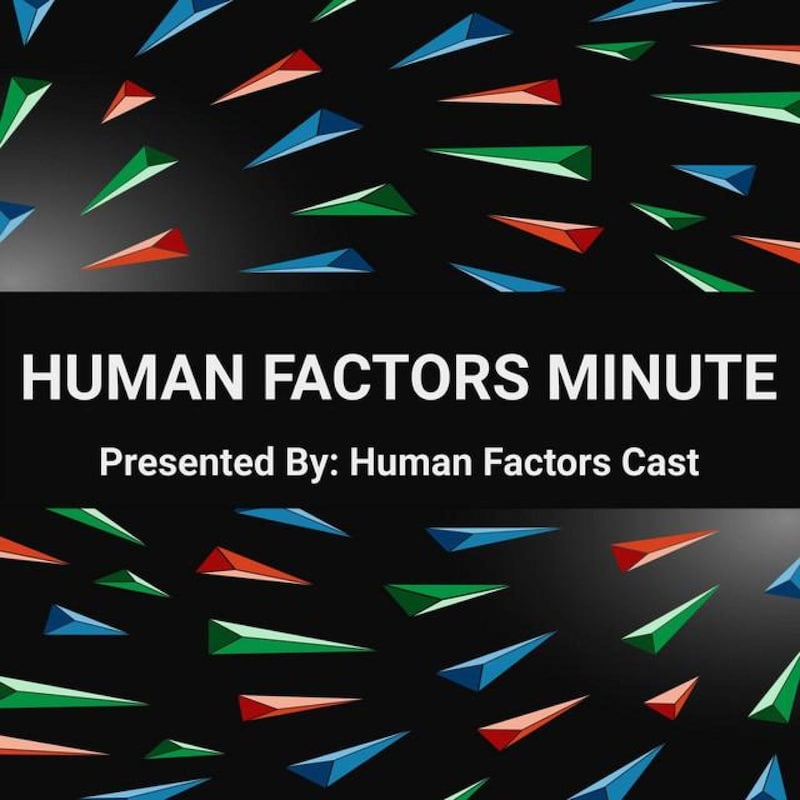People who identify as LGBTQIAP+ have a higher risk of mental and physical health challenges as compared to the general population.
These include sexually transmitted diseases, substance use, cancers, cardiovascular diseases, obesity, bullying, isolation, rejection, anxiety, depression, and suicide.
Health care providers may lack adequate training on the specific needs and challenges faced by sexual and gender minorities.
This can perpetuate prejudice and discrimination, resulting in poor quality of care.
Access to proper training about the needs and challenges faced by the LGBTQIAP+ community is essential for health care providers.
They can use this education to deliver more comprehensive, scientific, and humane care.
To develop this training, we can consider using human-centered design (HCD).
Using HCD encourages the engagement of multiple stakeholder groups (including youth, families, and providers) in our search for better ways to serve the growing number of people who identify as LGBTQIAP+.
HCD methods (such as the creative matrix and importance-difficulty matrix) can be used to brainstorm a mix of traditional and innovative strategies.
These strategies can then be prioritized based on their impact and ability to be successfully executed.
To test the broad concepts of these ideas and develop them further, we can use low-fidelity prototypes with various people and environments.
This testing can help us develop high-fidelity prototypes that are ready for more involved clinical trials, and eventual use in clinical practice.
By taking an HCD approach, we can create meaningful, acceptable, and novel interventions to address the multilevel factors that impact health care for the LGBTQIAP+ community.
Be sure to check out our main show at our official website: https://www.humanfactorscast.media
Support us on these platforms to get access to the entire Human Factors Minute library:
Join us on Discord:https://go.humanfactorscast.media/Discord
Follow us:
Resources:
Mentioned in this episode:
Support us on Patreon for access to the full library of Human Factors Minute
https://www.patreon.com/humanfactorscast

